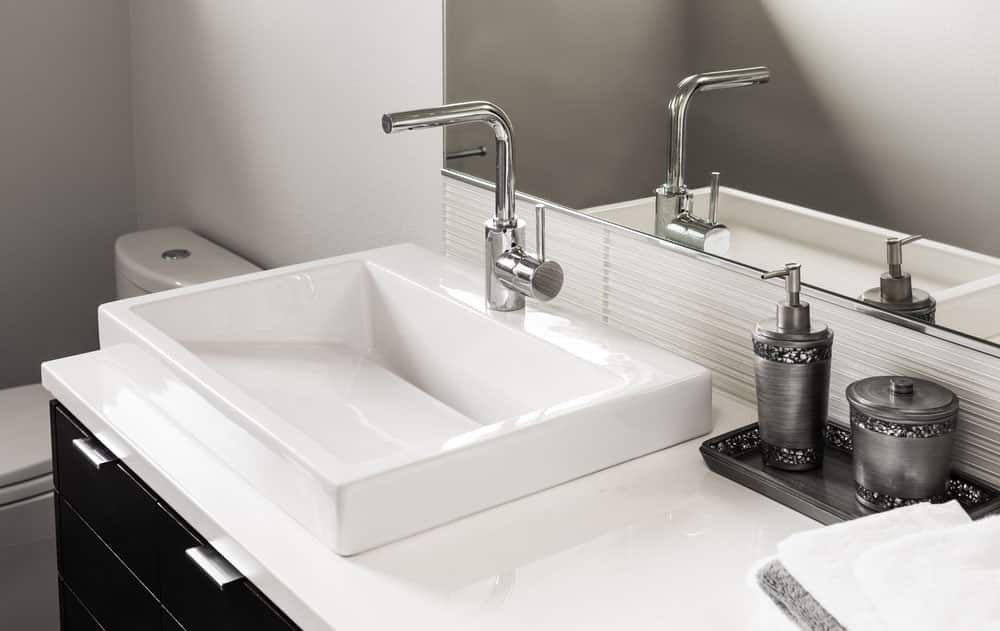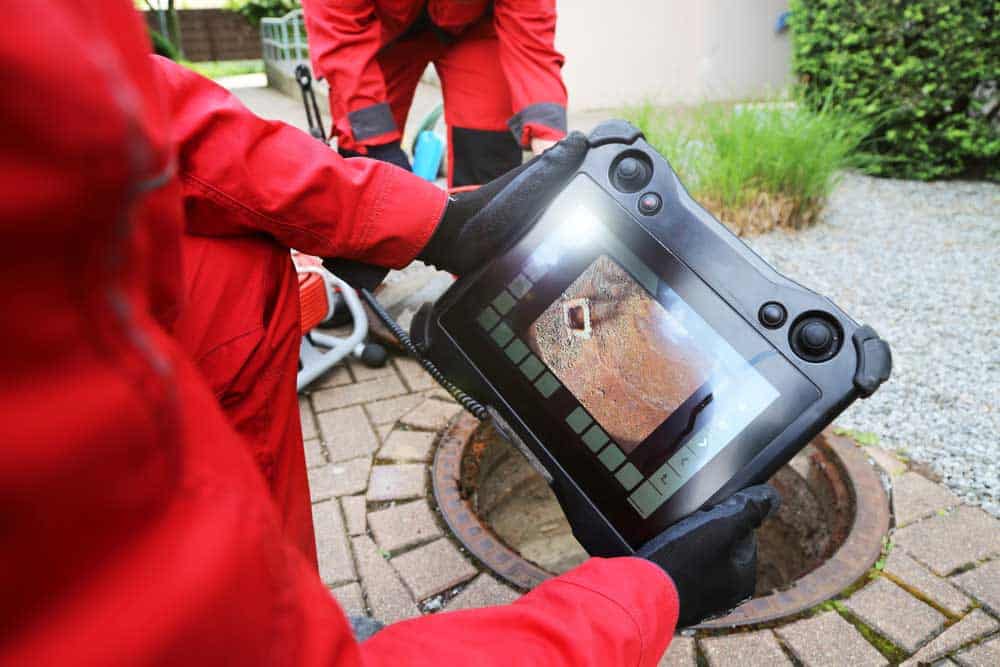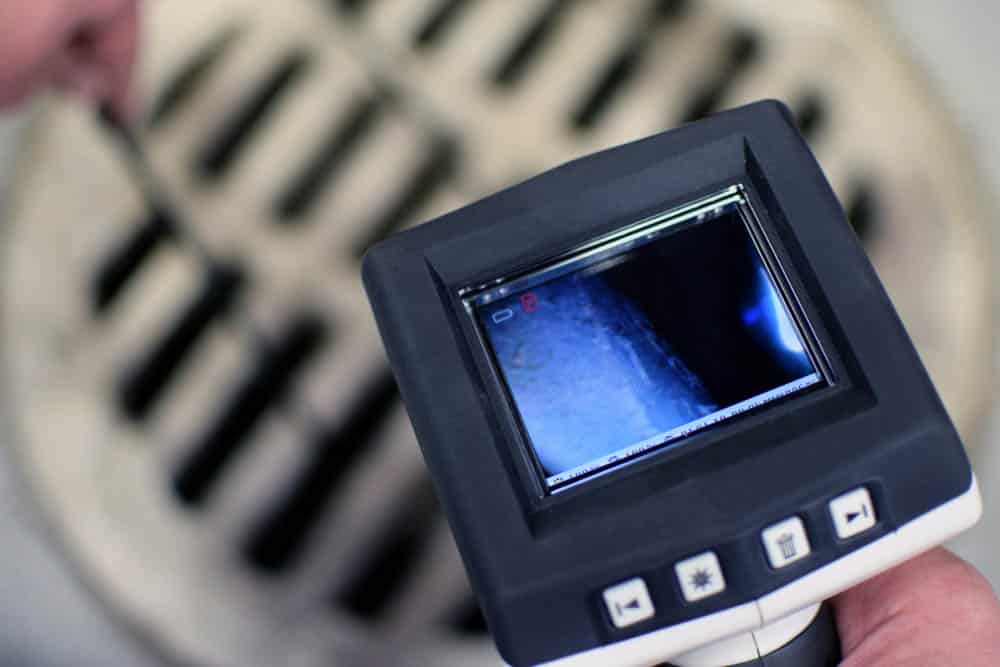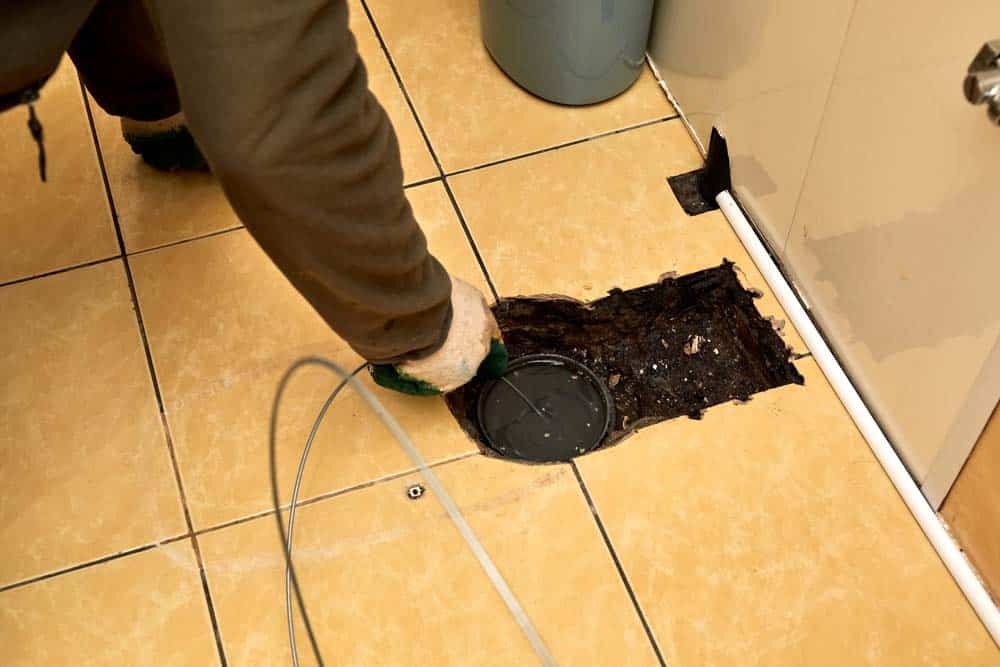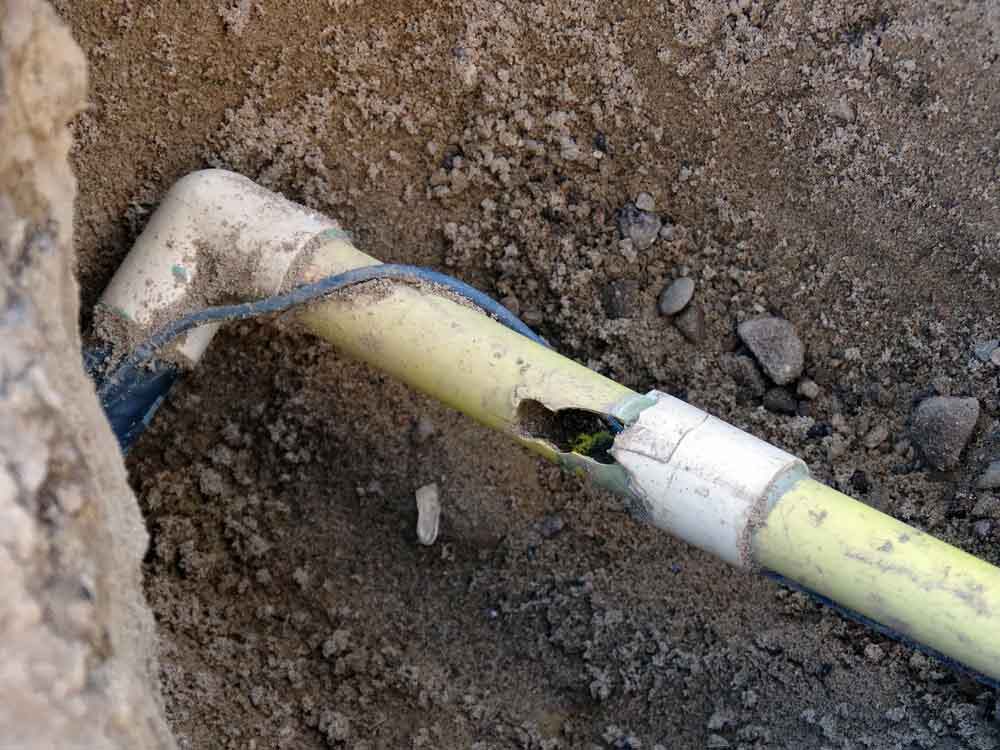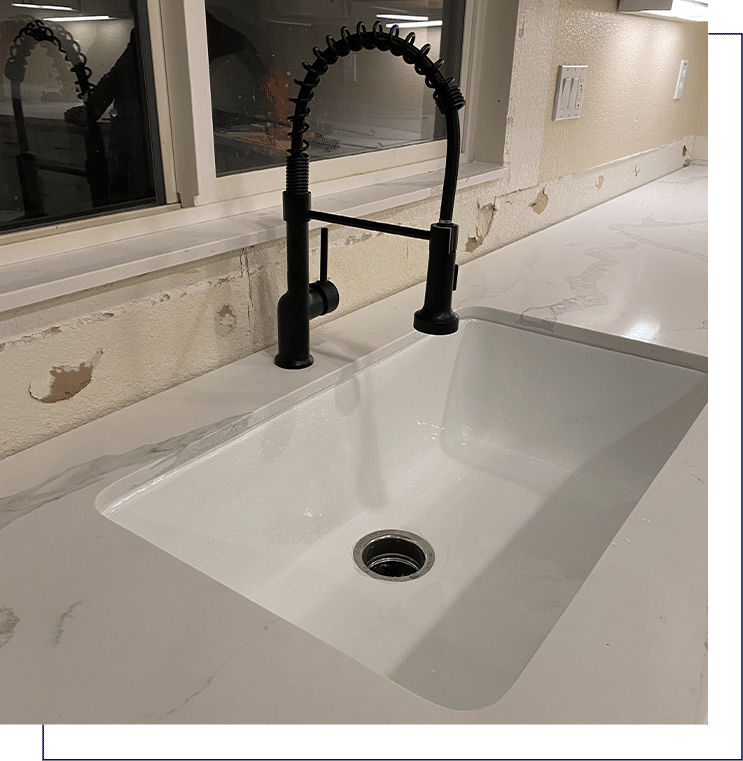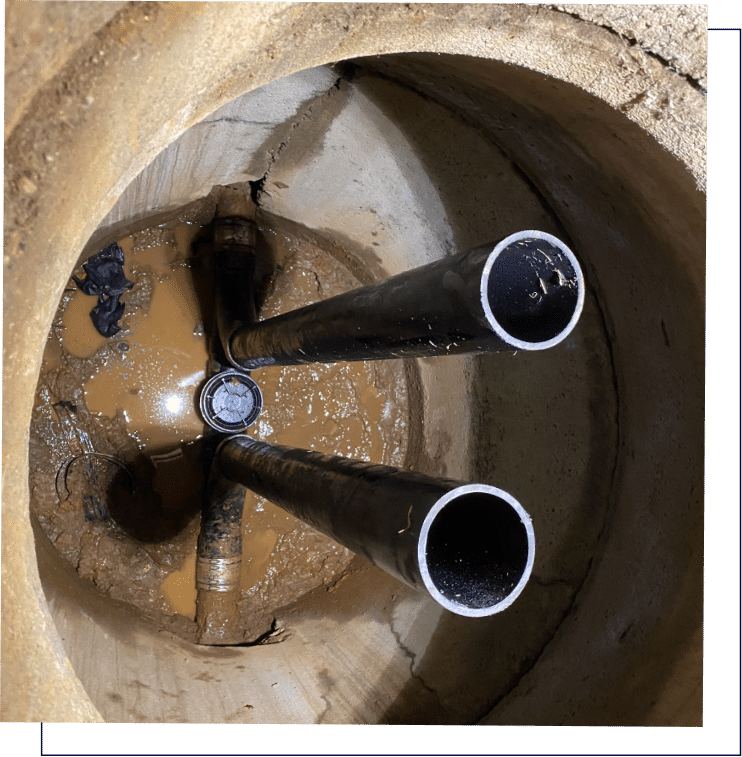Plumbing emergencies can be a nightmare for homeowners. They can cause significant damage to your property and disrupt your daily routine. In Citrus Heights, there are certain plumbing issues that are more common than others, and knowing how to prevent them can save you a lot of trouble and expense. In this article, we’ll take a closer look at some of the most common plumbing emergencies in Citrus Heights and provide you with some tips on how to prevent them from happening.
Burst Pipes
Burst pipes are a common plumbing emergency that can cause significant damage to your property. They can occur due to a variety of reasons, including freezing temperatures, old and corroded pipes, and high water pressure. If you notice a burst pipe, turn off the water supply immediately and call a plumber.
To prevent burst pipes, it’s important to take some preventive measures. One of the best ways to prevent burst pipes is to insulate your pipes. This can be done by wrapping them in insulation sleeves or using heat tape. You should also ensure that your thermostat is set to a consistent temperature, even when you are away from home. This will prevent the pipes from freezing and bursting.
Another way to prevent burst pipes is to have them inspected regularly by a licensed plumber. They can identify any potential issues and make necessary repairs before they turn into a plumbing emergency.
Clogged Drains
Clogged drains can be a frustrating plumbing issue that can cause water to back up in your sinks, showers, and toilets. They can be caused by a variety of things, including hair, soap scum, food debris, and even tree roots. If you notice a slow drain, it’s important to address it before it turns into a major plumbing emergency.
One of the best ways to prevent clogged drains is to be mindful of what you put down them. Avoid pouring grease, oil, and food scraps down your kitchen sink. Instead, scrape them into the trash or compost bin. Use a drain strainer in your shower and bathroom sink to catch hair and other debris. Regularly cleaning your drains with hot water and vinegar can also help prevent clogs.
If you do have a clogged drain, try using a plunger or a drain snake to remove the blockage. If that doesn’t work, it’s best to call a plumber to prevent further damage to your pipes.
Leaky Faucets
Leaky faucets are not only annoying but can also be costly. They can waste a significant amount of water, leading to increased water bills. Leaky faucets can be caused by worn-out washers, faulty valves, and corroded pipes. If you notice a leaky faucet, it’s important to address it as soon as possible.
To prevent leaky faucets, it’s important to have them inspected regularly by a licensed plumber. They can identify any potential issues and make necessary repairs before they turn into a major plumbing emergency. You should also avoid turning your faucets on and off too hard, as this can cause damage to the valves and washers.
Running Toilets
Running toilets can be a common plumbing issue that can waste a significant amount of water. They can be caused by a faulty flapper valve or a broken fill valve. If you notice your toilet running, it’s important to address it as soon as possible.
To prevent running toilets, it’s important to have them inspected regularly by a licensed plumber. They can identify any potential issues and make necessary repairs before they turn into a major plumbing emergency. You should also avoid using your toilet as a trash can, as flushing non-degradable items can cause clogs and damage to your toilet.
Sewage Backup
Sewage backup is a plumbing emergency that can cause significant damage to your property and pose a health hazard. It can be caused by clogged pipes, tree roots, and damaged sewer lines. If you notice sewage backup in your home, it’s important to call a plumber immediately.
To prevent sewage backup, it’s important to avoid flushing non-degradable items down your toilet. You should also avoid pouring grease, oil, and food scraps down your kitchen sink. Regularly cleaning your drains with hot water and vinegar can also help prevent clogs.
Regular maintenance by a licensed plumber can also help prevent sewage backup. They can inspect your pipes and identify any potential issues before they turn into a major plumbing emergency.
How to Prevent Plumbing Emergencies
Regular maintenance by a licensed plumber is one of the best ways to prevent plumbing emergencies. They can identify any potential issues and make necessary repairs before they turn into a major plumbing emergency. Regular maintenance can also help extend the life of your plumbing system and save you money in the long run.
Proper disposal of waste is another important step in preventing plumbing emergencies. Avoid flushing non-degradable items down your toilet, and scrape grease, oil, and food scraps into the trash or compost bin. Regularly cleaning your drains with hot water and vinegar can also help prevent clogs.
Conclusion
Plumbing emergencies can be a nightmare for homeowners, but they can be prevented with some simple steps. Regular maintenance by a licensed plumber, proper disposal of waste, and being mindful of what you put down your drains can all help prevent plumbing emergencies. By taking these steps, you can avoid the stress and expense of dealing with a plumbing emergency and keep your home running smoothly.




